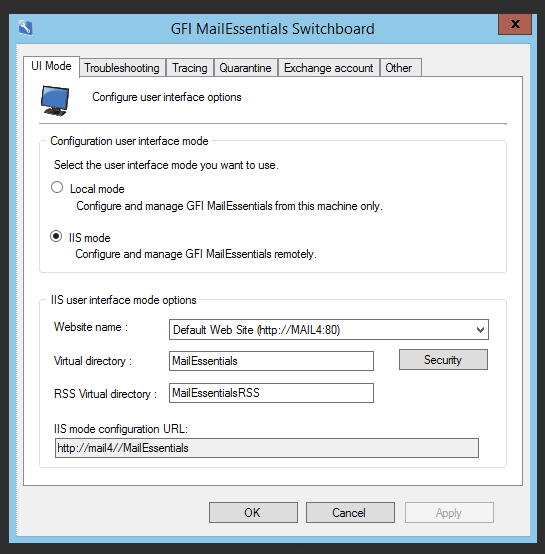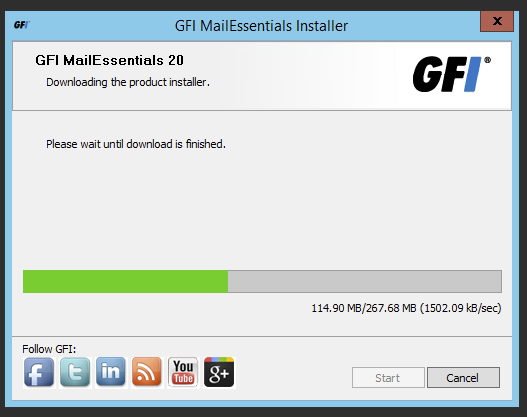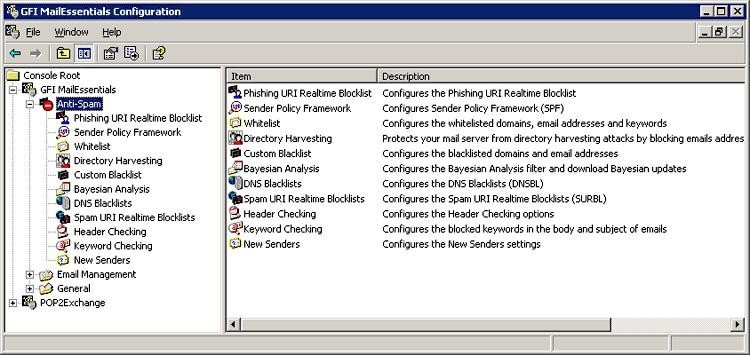


In 2017, the state of Connecticut passed a law that requires venues to make printed, paper tickets available to customers and provide a means to transfer tickets without restrictions. The option of a print-at-home e-ticket ( PDF), which was popular among fans for its convenience, was replaced by a mobile ticketing system. The New York Yankees partnered with Ticketmaster in 2015 and adopted a new ticketing policy the following year. The first transit agency in the US to deploy mobile ticketing was Boston's MBTA in 2012, while the first system in Australia was Adelaide Metro in 2017. The first mobile ticketing deployment for a public transport operator in the UK was for Chiltern Railways in 2007. The research was focused on a specific NFC system based on the UICC, which is owned and controlled by the network operator that issues it, and other technologies such as SMS and barcode were given passing consideration in the report. The GSMA published a whitepaper on M-Ticketing in 2011, having commissioned research to examine the opportunities for network operators in a mobile ticketing market. Philips published an early paper on NFC in 2004, while the NFC Forum was established in the same year. It is based on radio-frequency identification (RFID) technology and enables short-range communication between electronic devices. Philips and Sony developed near-field communication (NFC) in 2002. The QR code was created by a subsidiary of the Japanese automotive company Denso in 1994.

Mobile tickets may lessen the potential for scalping (touting) and fraud. There are several methods of implementing a mobile ticketing system, with varying degrees of complexity and transparency depending on the underlying technology. While a mobile phone is compatible with an e-ticket, mobile ticketing is a distinct system. Mobile tickets should not be confused with e-tickets, which are simply tickets issued in electronic form, independent of a specific device and in a standard, intelligible format, that can be printed and used in paper form.

As a result of these prerequisites, and in contrast to paper-based systems, mobile ticketing does not follow the principles of universal design. Mobile tickets reduce the production and distribution costs associated with paper-based ticketing for operators by transferring the burden to the customer, who is required to contribute the cost of the physical device ( smartphone) and internet access to the process. A mobile ticket contains a verification unique to the holder's phone. Mobile ticketing is the process whereby customers order, pay for, obtain, and validate tickets using mobile phones.


 0 kommentar(er)
0 kommentar(er)
